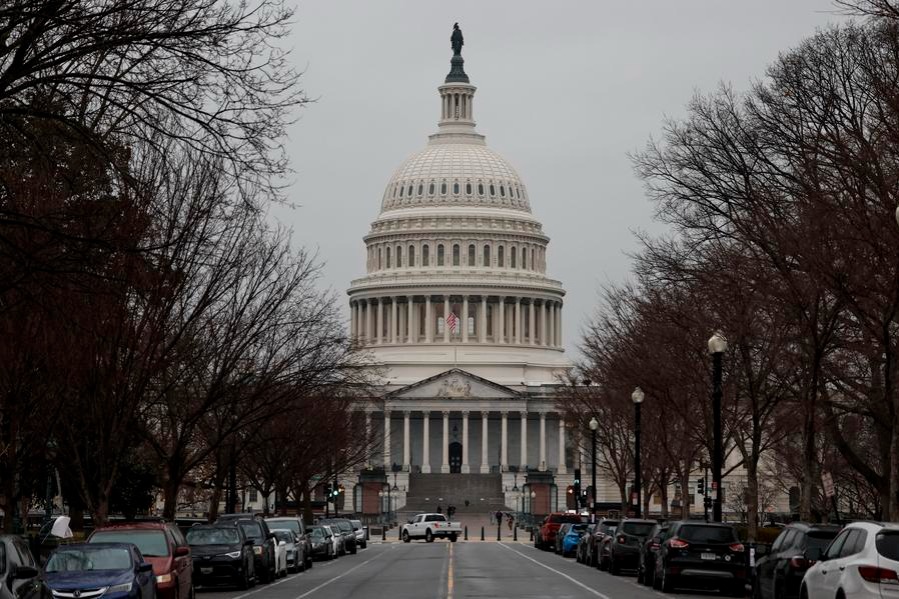Bike-sharing firms must focus on users


Editor's note: A growing number of subscribers to Ofo, one of the biggest bike-sharing platforms, have been complaining about the difficulties in getting their security deposits back. How to ensure the deposits are returned to the subscribers at a time when the bike-sharing bubble has burst? Two experts share their views on the issue with China Daily's Yao Yuxin. Excerpts follow:
Tighter regulations can ensure safety of deposits
Despite the Ministry of Transport issuing a specific nationwide guideline in August 2017 for the development of the shared-bike business, asking bicycle-sharing companies to open special accounts for the users' security deposits to prevent the illicit use of the funds, a growing number of users have been complaining that they can't get their refund. Ofo subscribers are the latest to lodge such complaints.
The bike-sharing startups accepted the government's regulation last year and subsequently opened special accounts. But the fact that many users still can't get their refund even after bike-sharing companies went bankrupt shows these accounts are not working, mainly because of a lack of strict supervision on the operation of bike-sharing businesses.
In reality, many bike-sharing startups incurred huge losses even at the early stage thanks to their desperation to expand their markets and their immature business model. Once they ran out of cash to keep the business running, embezzling of funds started. Some companies even made users deposit money for other investments without informing the latter of the purpose.
And once these bike-sharing companies' capital chain broke up, it became almost impossible for the users to get their deposits refunded, except when the companies filed for liquidation. Given the limited assets left after bankruptcy and their proportionate distribution among creditors, customers with small amounts of share can't expect much in return and few of them have the initiative to use legal means to get their money back.
To ensure every single deal is real and all users get their deposits back, the government should implement more robust regulations on security deposit accounts to end the illegal financial behaviors of bike-sharing companies.
In addition, when these bicycle-sharing enterprises get into financial trouble, the government should take effective measures to ease the users' anger and thus avoid a run on deposits while helping companies solve their problems and return the deposits of customers.
Zhao Zhanling, a lawyer with the Beijing Zhilin Law Firm
Clear procedure for refund of users' deposits needed
Ofo and Mobike, two of the biggest bike-sharing startups in China, together raised more than $2 billion in three years. But both companies have suffered severe financial losses this year.
In fact, Mobike offered itself for sale, and Meituan-Dianping, China's largest on-demand online service provider, bought it off for $2.7 billion, while Ofo is still grinding its teeth to push ahead, although it has moved its headquarters out of a landmark building in Beijing, closed its offices in several provinces, and received an increasing number of complaints from users recently after extending the period for the return of deposits from within seconds to up to 15 working days.
The security deposit has been a major focus of the users from the very beginning, as they cannot get the refund due to a lack of effective government regulations, especially when a bike-sharing company closes down.
Thus, to change the situation, it's important to make clear the procedure for the refund of deposits and its time limit after opening special accounts for deposits, in order to prevent some platforms from randomly misusing the funds. Since the bike-sharing companies had access to huge funds-thanks to subscribers' deposits-some of them misused the accumulated deposits taking advantage of the absence of strict and timely regulations.
Although statistics show Ofo and Mobike together attracted more than 20 billion yuan ($2.89 billion) of the total 32 billion yuan raised by the entire bike-sharing sector last year, bike-sharing platforms suffered a wide range of financial troubles, showing their business models were not effective.
So apart from the government supporting the bike-sharing companies, by building or improving infrastructure and implementing an authoritative credit system and rules, bike-sharing enterprises should adopt consumer-oriented strategies to offer better quality dockless bikes and services.
Cao Lei, director of an e-commerce research center based in Hangzhou


































